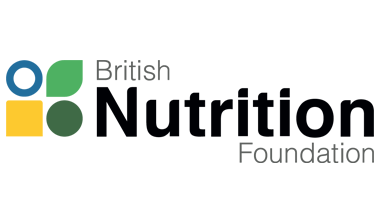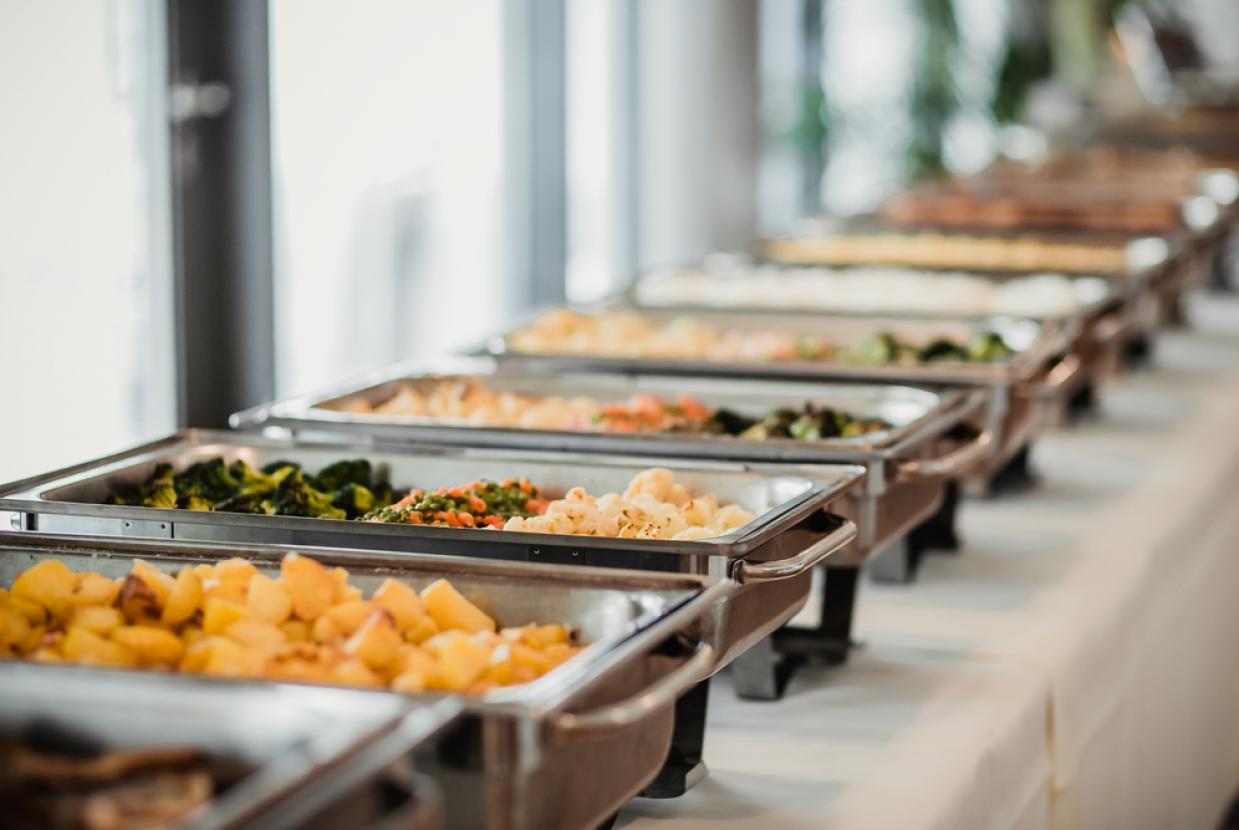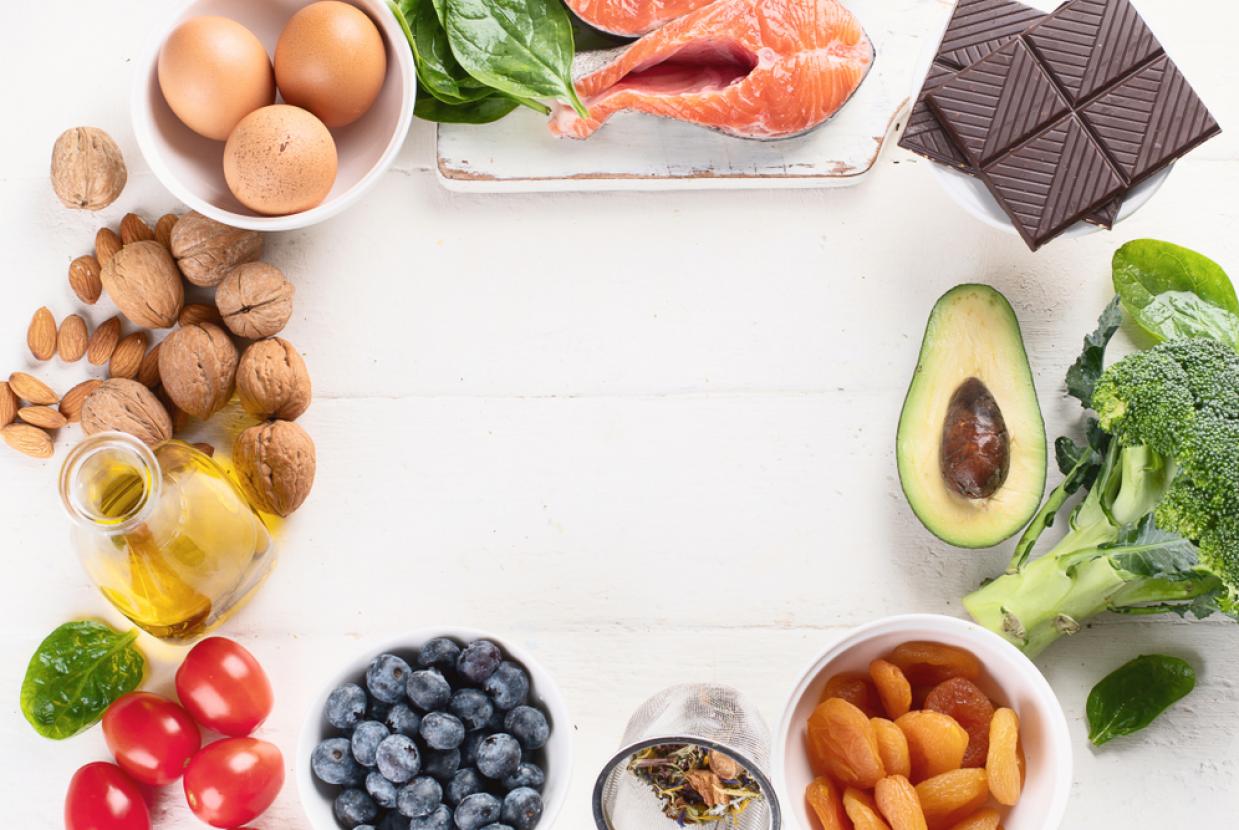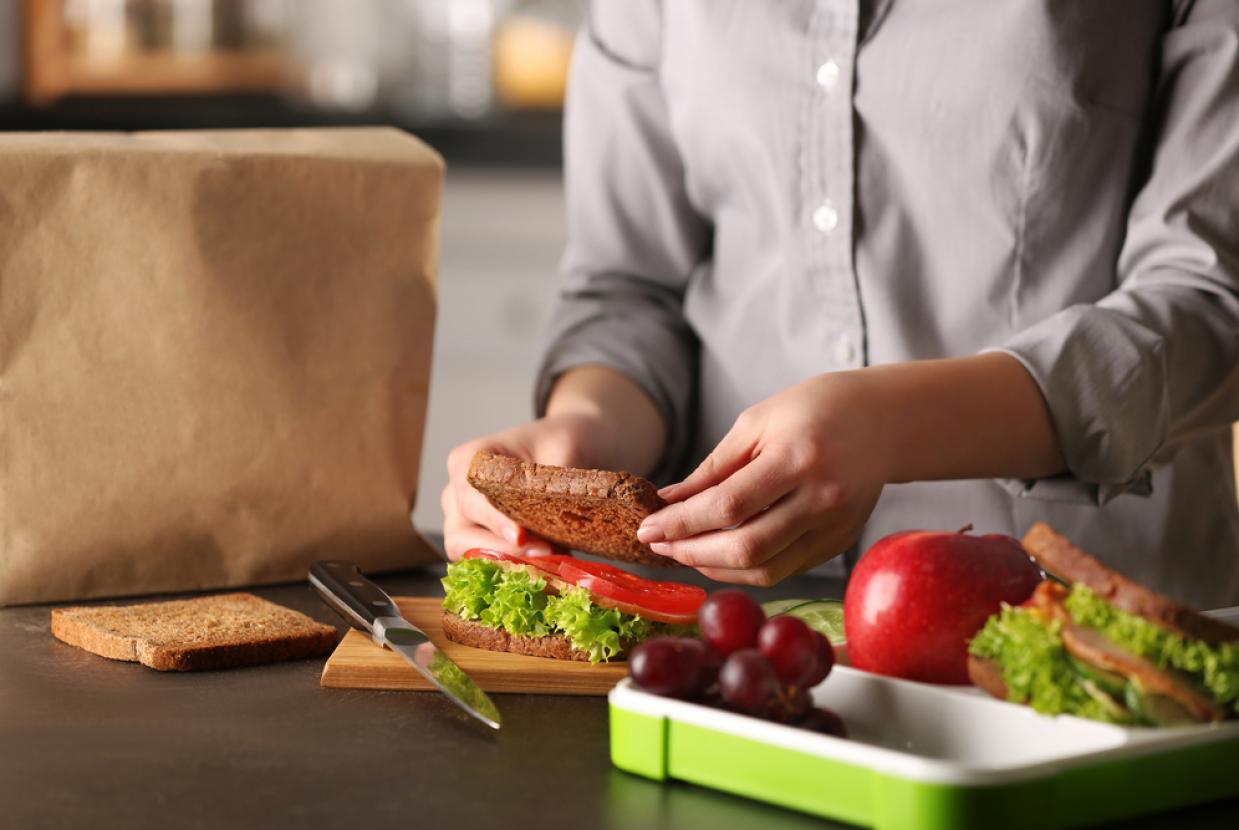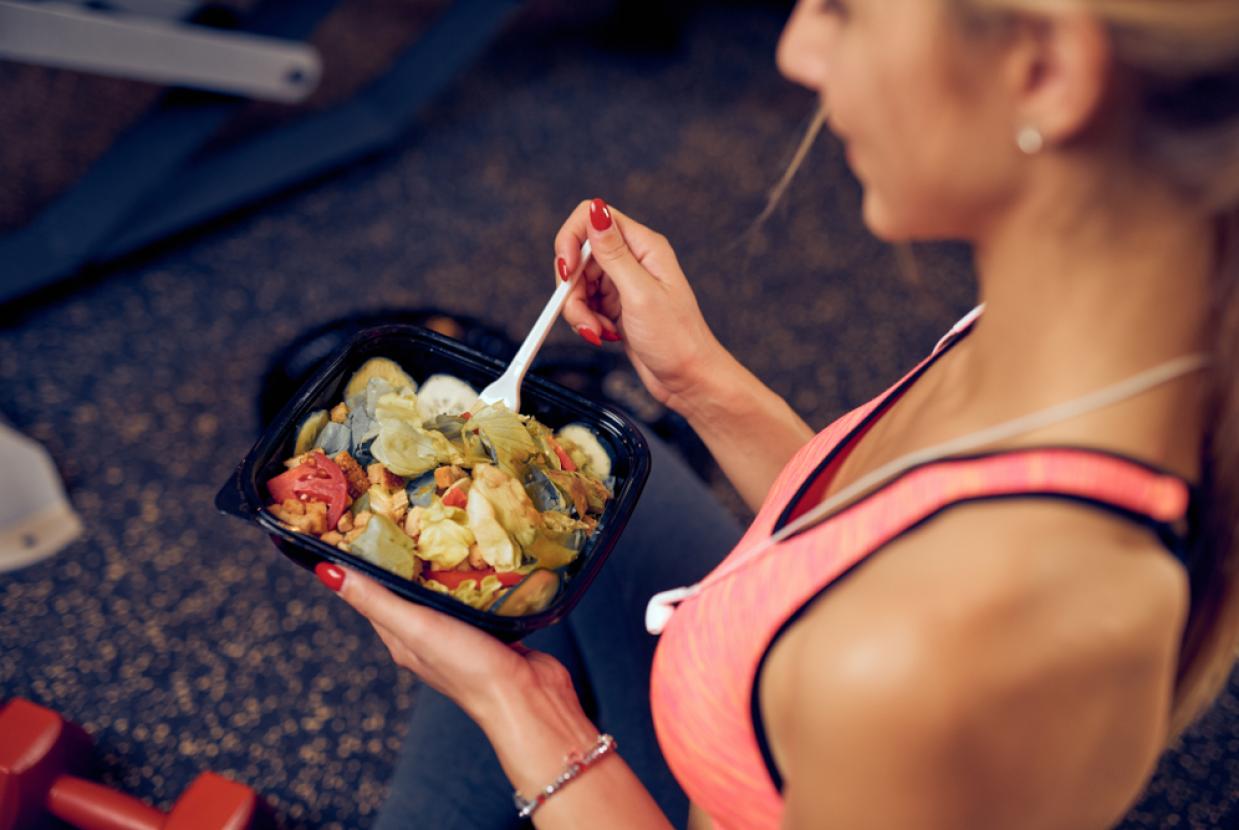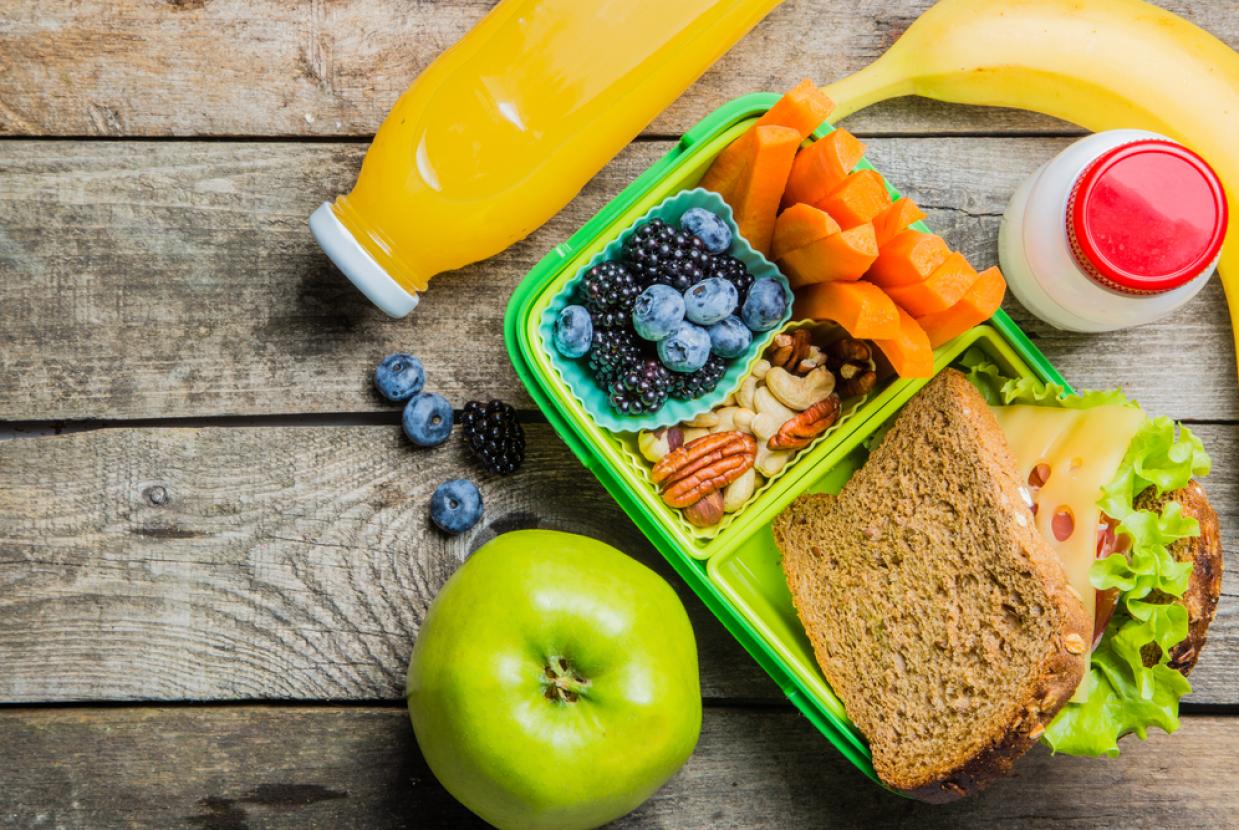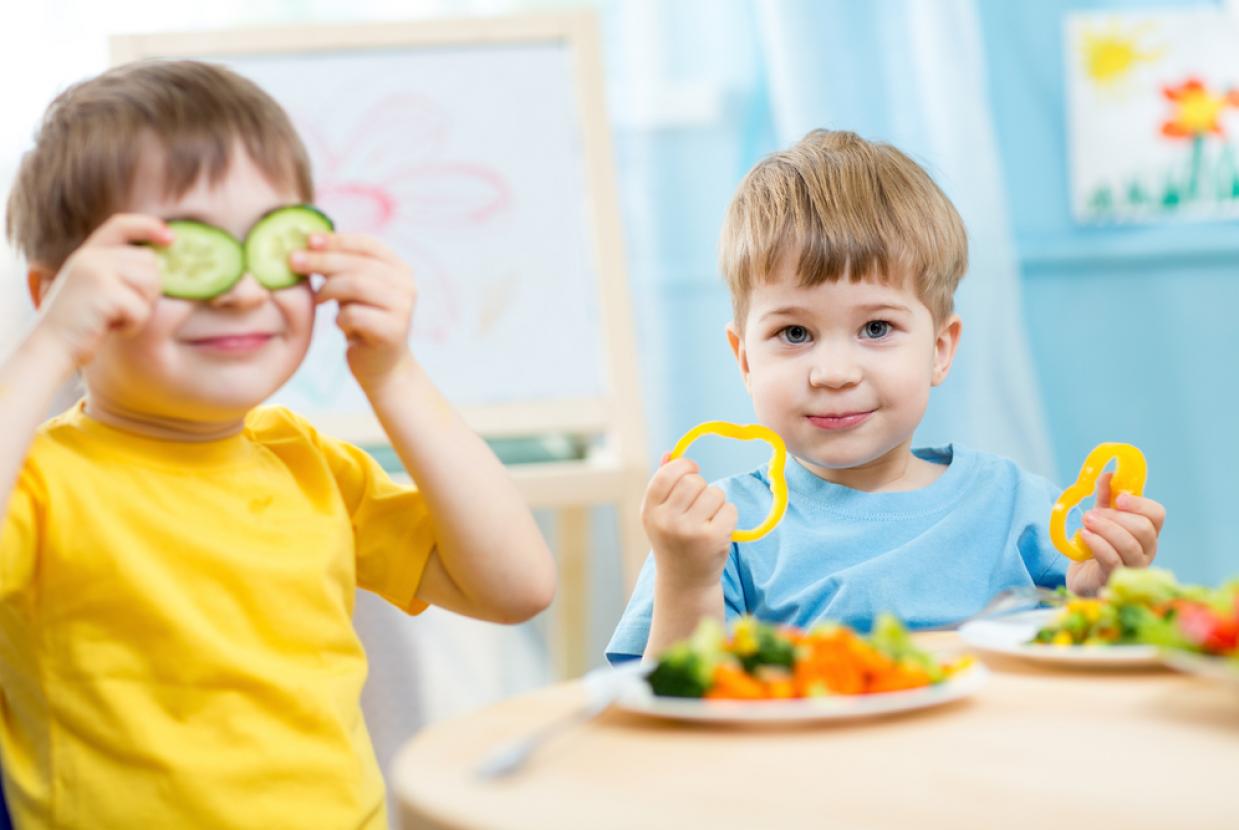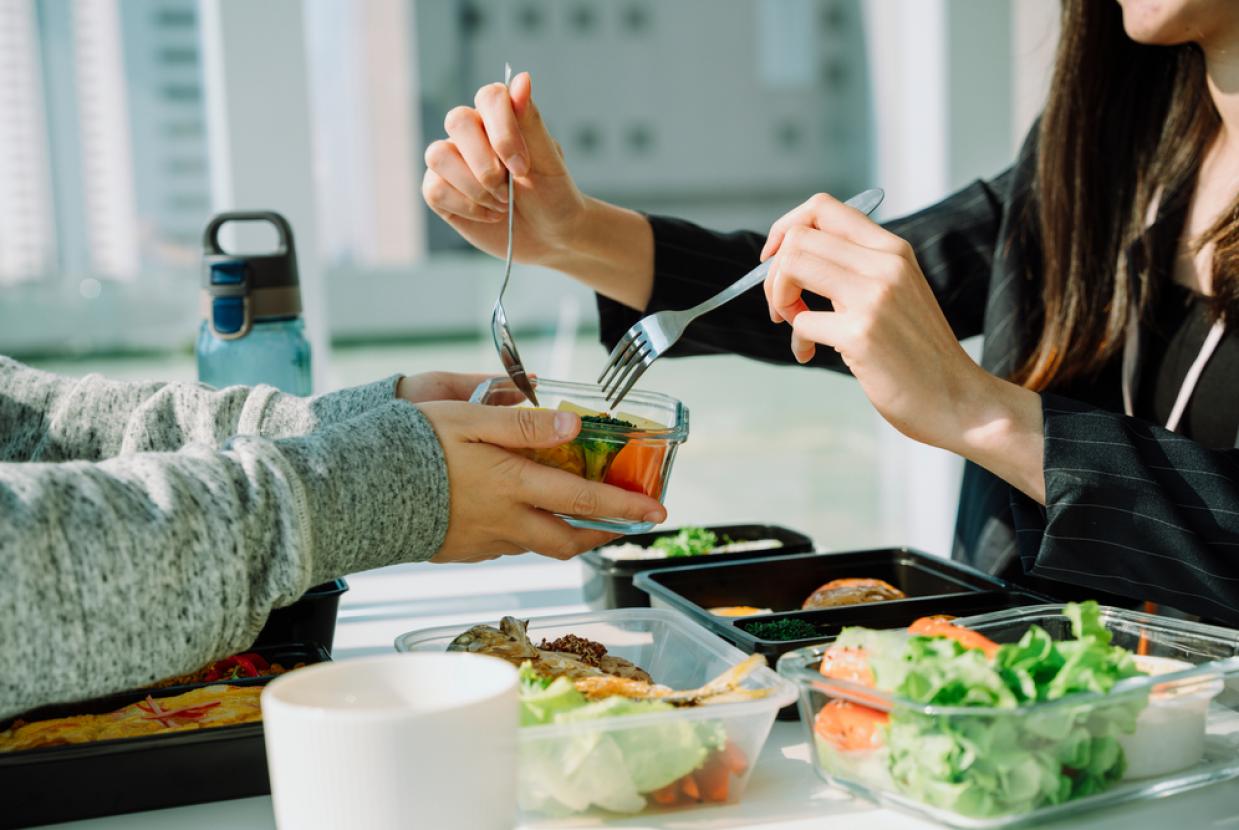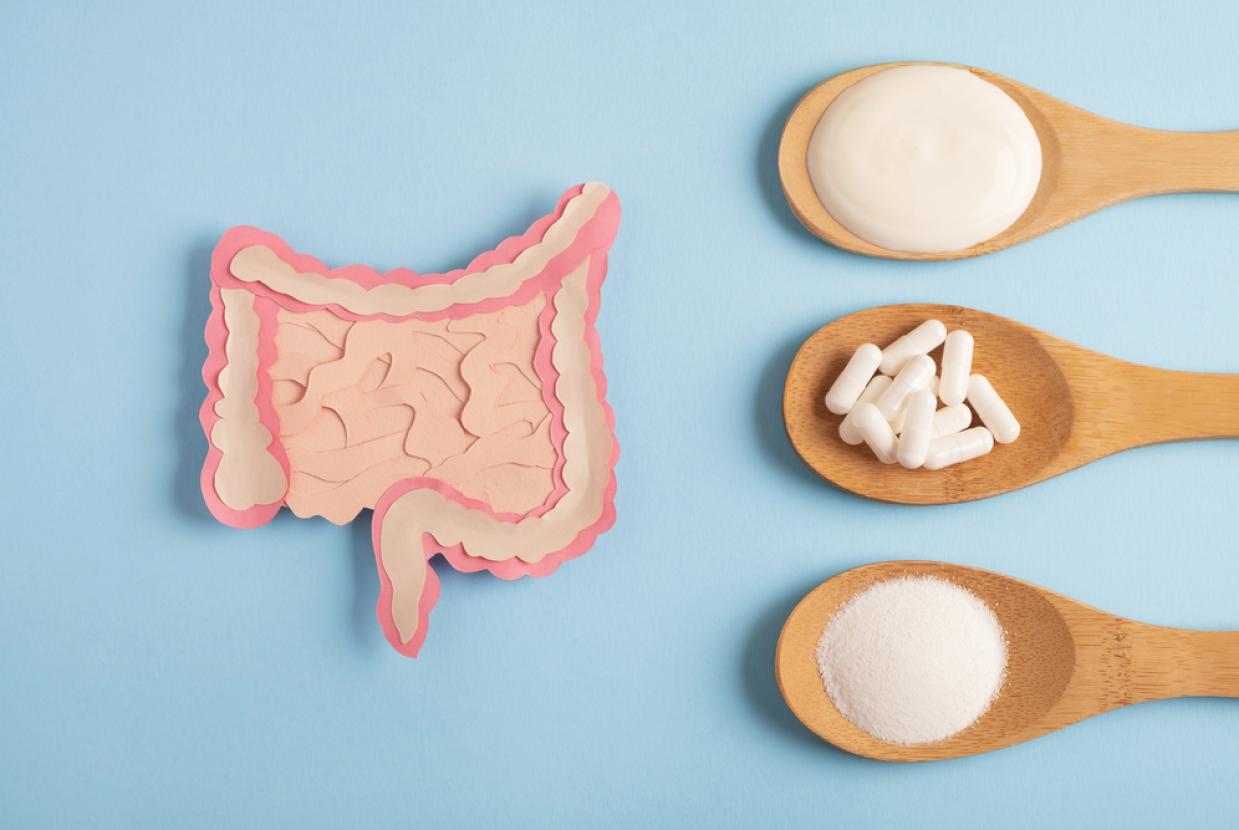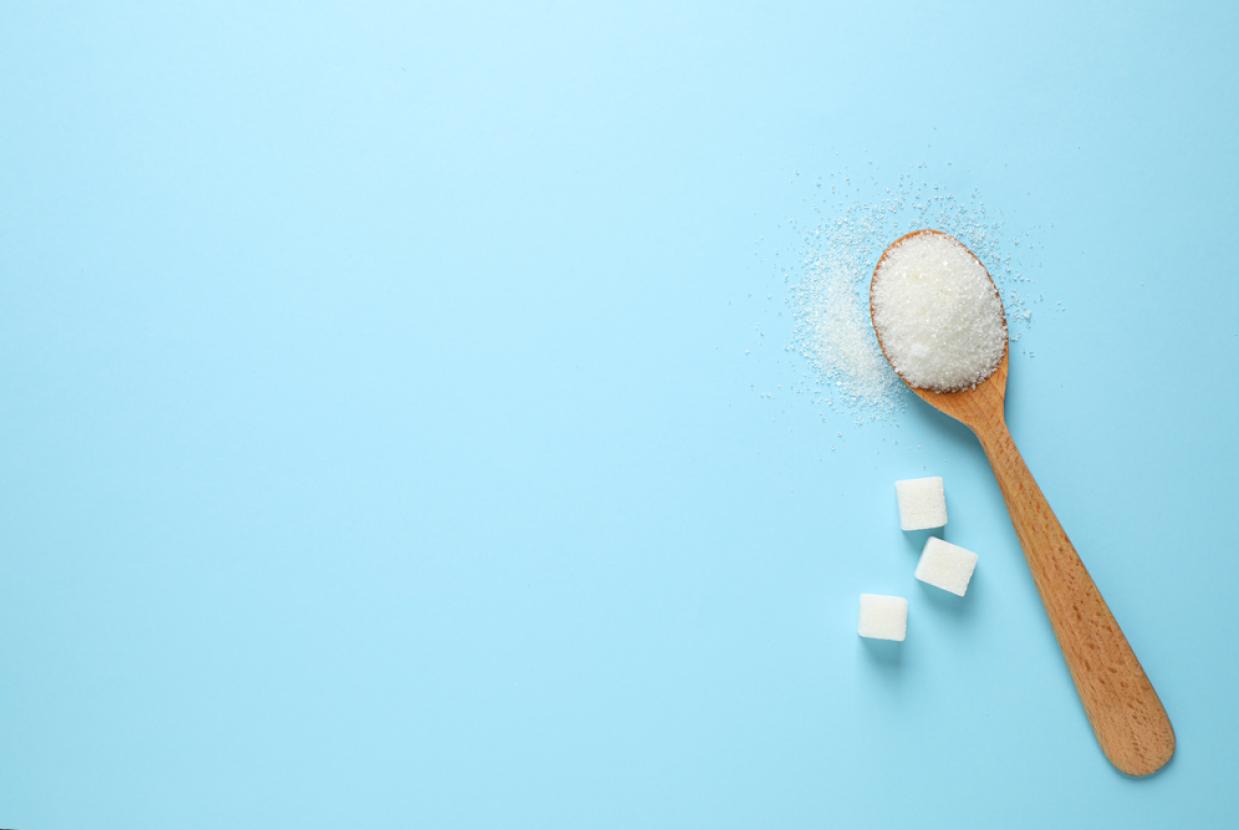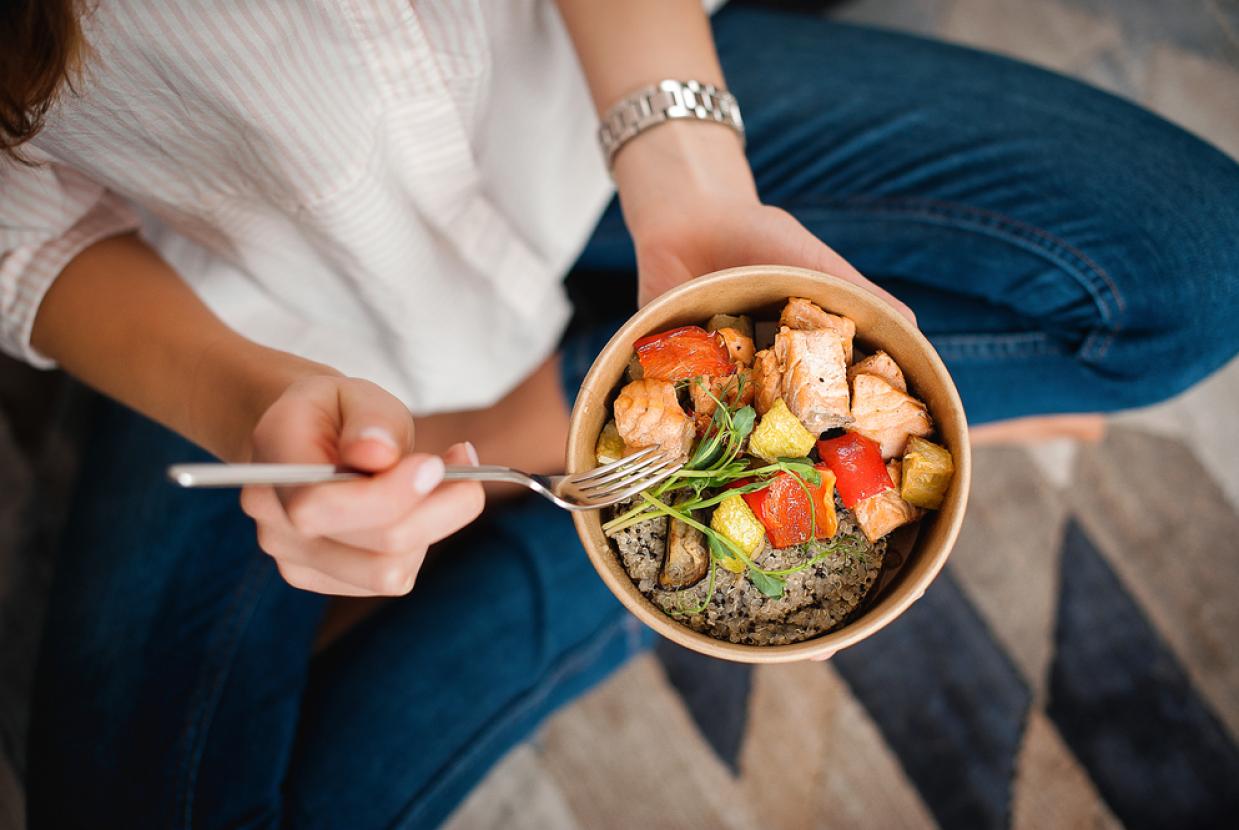Eating well while taking weight loss medications
Healthy Diet / Healthy WeightWeight loss medications (GLP-1/ GIP Receptor Agonists – for example Wegovy and Mounjaro) are effective at helping people lose weight, controlling type 2 diabetes and improving quality of life. But if healthy eating and lifestyle changes are not addressed alongside medication use, then your nutritional status and long-term health could be affected.
These medications can be an important tool for weight loss by helping to reduce appetite. However, because most are currently licensed for use for up to two years on the NHS, the habits built while taking them are crucial for lasting success.
The period of treatment is a window of opportunity to focus on diet quality and physical activity, helping you get the most from your medication while also investing in your long-term health. There is also anecdotal evidence that some people who access weight loss medications privately may not receive appropriate clinical or nutritional guidance.
So, making nutrient-rich choices and staying active will help you get the most out of your treatment and maintain a healthier weight.
Nutrition and lifestyle guidance for people taking weight loss medicationsWeight loss medications work by suppressing appetite, which means you may eat less food. Depending on what you eat, this can make it harder to get all the nutrients your body needs. Our advice is to focus on quality calories - foods rich in nutrients, fibre and protein - while maintaining hydration and regular activity.
Our advice
Get at least 5 A DAYFruit and vegetables provide fibre and important nutrients like vitamin C, folate and potassium. Even with a smaller appetite, aim to include them at every meal.
Go fibre-richWhen eating fewer calories, it can be difficult to meet the recommended 30g of fibre per day. Choose high-fibre foods, such as wholegrain breads and cereals, beans, lentils, nuts and vegetables, to support digestive and long-term heart health.
Think nutrient densityWhen appetite is reduced, every meal matters. Choose nutrient rich foods that give you more vitamins, minerals and fibre per calorie; for example, wholegrains, lean protein-rich foods, fruit, vegetables and dairy (or fortified alternatives). A small handful of unsalted nuts is a great swap for a chocolate biscuit.
Support your bonesReduced-fat dairy, such as milk, yoghurt and cheese, or fortified plant alternatives provide calcium, iodine and vitamin B12, which are important for bone and overall health. Other good sources include canned fish with bones (like sardines), leafy greens such as kale, and fortified cereals. Consider a daily vitamin D supplement between October and March.
Include beans and lentilsRich in fibre and protein, beans and lentils are low in fat and versatile, making them ideal for boosting the nutritional quality of your meals.
Get your omega-3sInclude oily fish, such as salmon or mackerel, at least once a week. If you don’t eat fish, try plant-based omega-3 sources like flaxseed, chia seeds or walnuts.
Stay hydratedEating less can also mean drinking less. Water is the best choice, but unsweetened tea and coffee, milk, smoothies and fruit juices can also contribute to fluid intake.
Keep activeWeight loss can also lead to muscle loss. Regular resistance exercise, such as yoga, Pilates or weight training, helps preserve strength and supports long-term weight maintenance.
Consider a multivitaminIf your calorie intake is very low (for example, below 1,400 kcal per day), it may be difficult to get all the nutrients you need from food alone. A daily multivitamin and mineral supplement may help.
Seek supportAlways check in with your GP or healthcare professional for tailored advice, particularly when making changes to your diet or activity while taking weight loss medication.
Reliable advice mattersThere is a huge amount of information about weight loss medications on social media, but not all of it is reliable. We are committed to providing clear, evidence-based guidance to help you make informed choices that support your health, during treatment and beyond.
For more information about the importance of diet and lifestyle support when taking weight loss medications see our current position and guidance document


